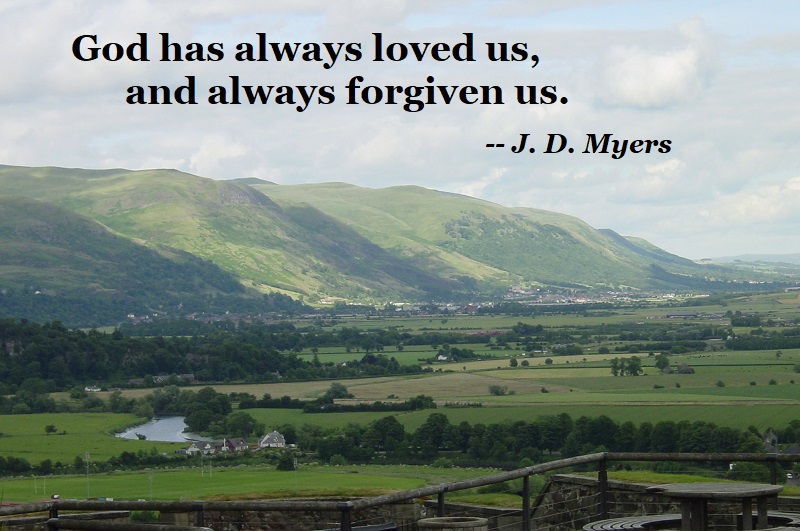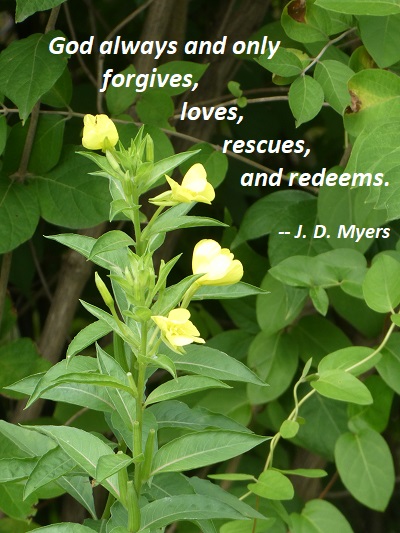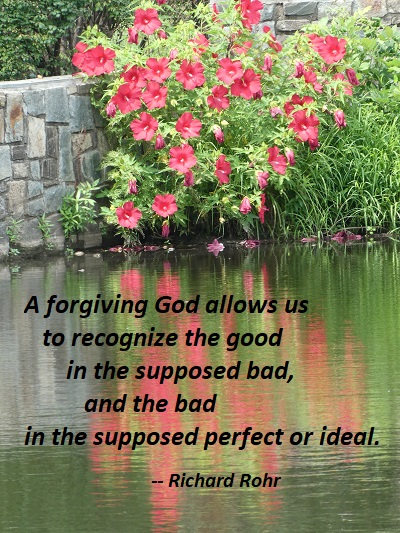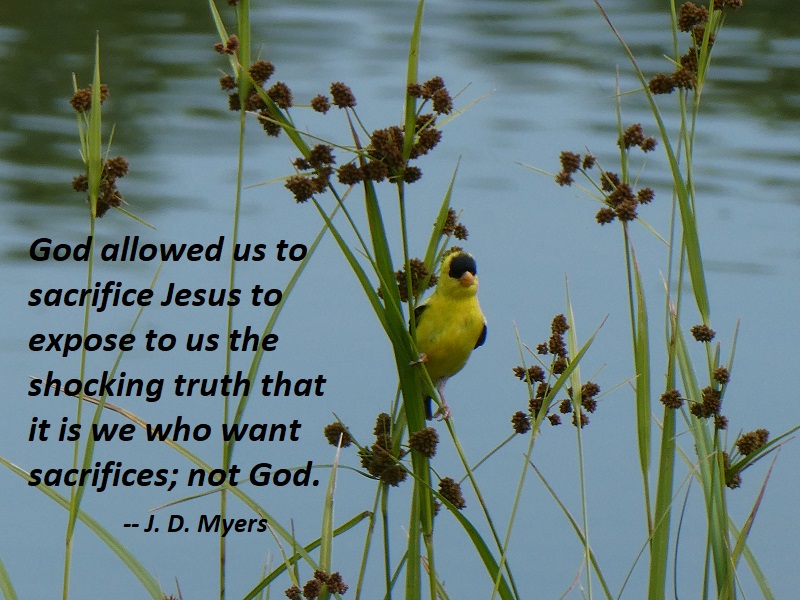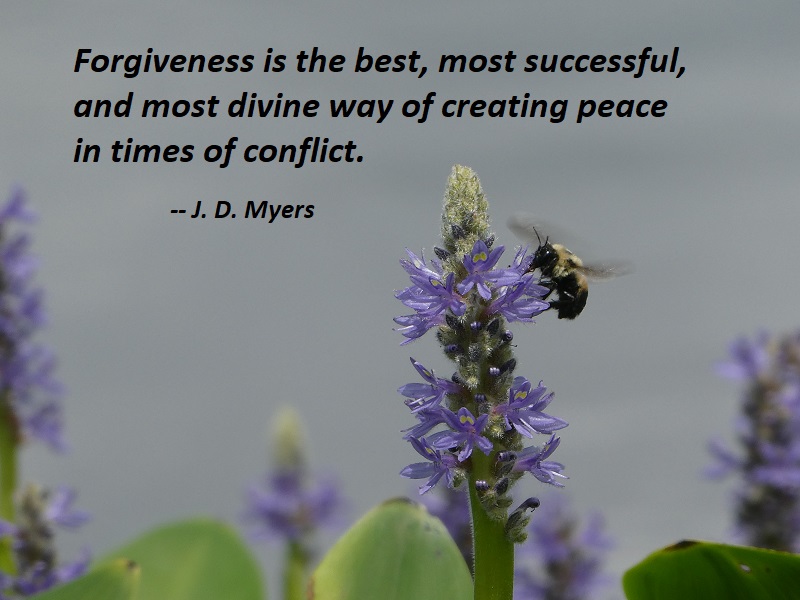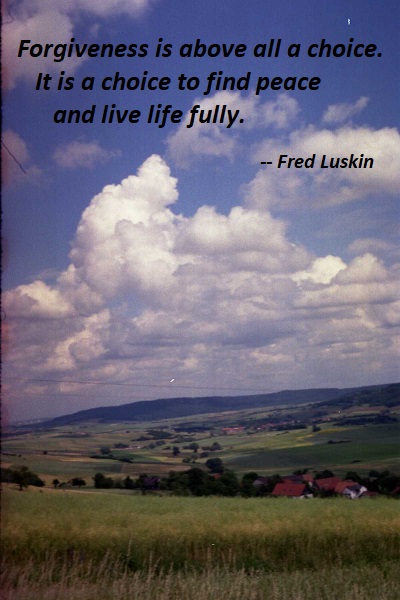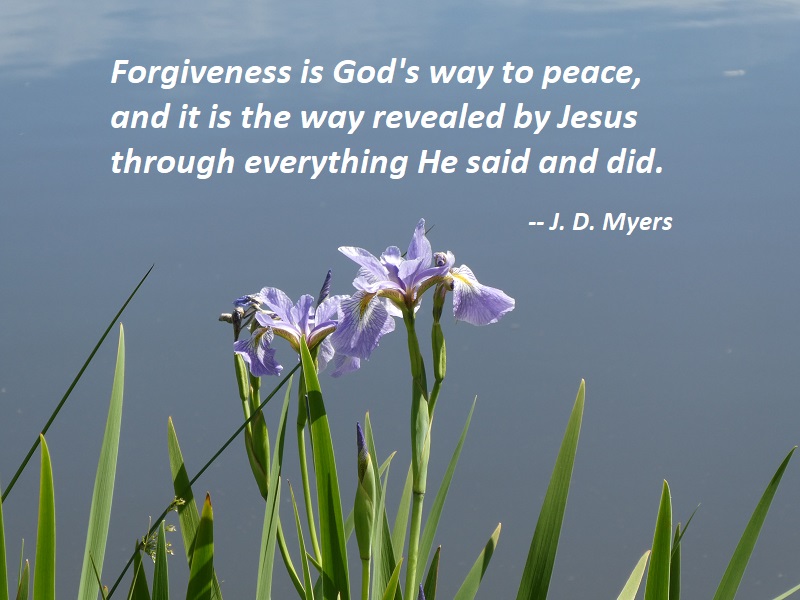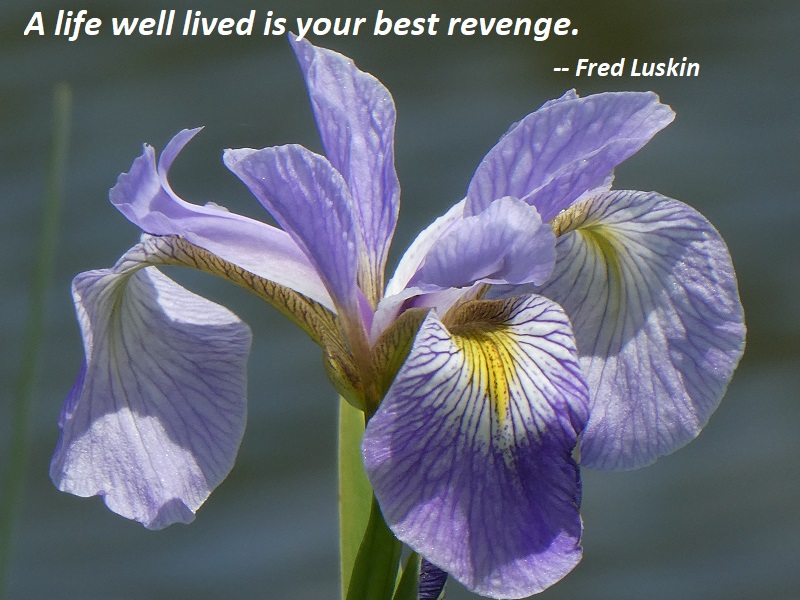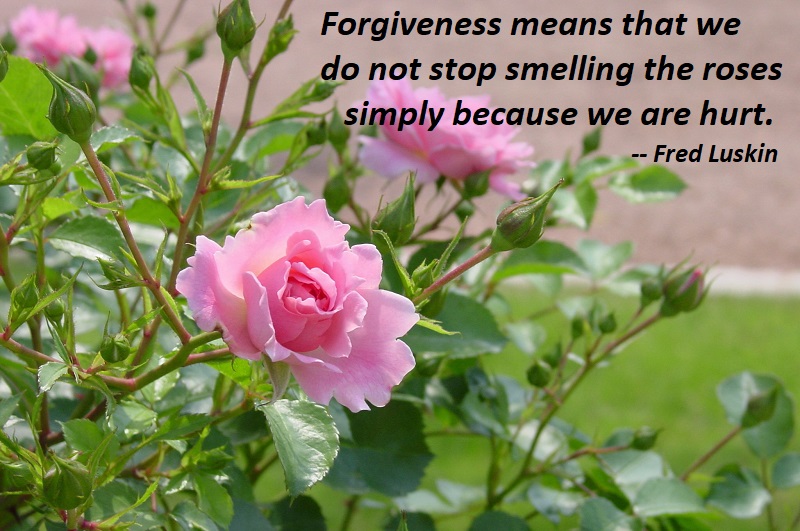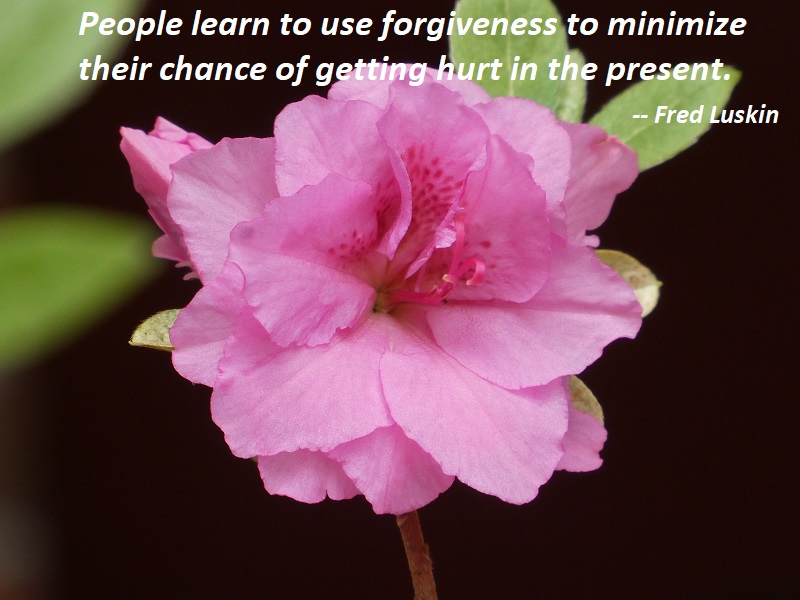All People Were Always Welcome.
The violent death of Jesus on the cross revealed the truth about the great problem of human sin and violence. The truth is that such violence comes from us; not God. When we see this in how we killed Jesus, His violent death on the cross reveals that God never wanted or needed blood sacrifice or sacred violence of any kind in order for people to draw near to Him. All people were always welcome. We can draw near to God simply because we have no reason to stay away from Him. He has always loved us, and always forgiven us. One group is not more or less sinful than anyone else. All are invited in. All are welcome. The blood of Jesus has brought everyone near, by proving that no one was ever kept at a distance. All divisions of men are nothing more than man-made divisions, and now Jesus has torn them all down, giving us all equal access to God and equal standing before Him.
— J. D. Myers, Nothing But the Blood of Jesus, p. 246
Photo: View from Stirling Castle, Scotland, July 2003
